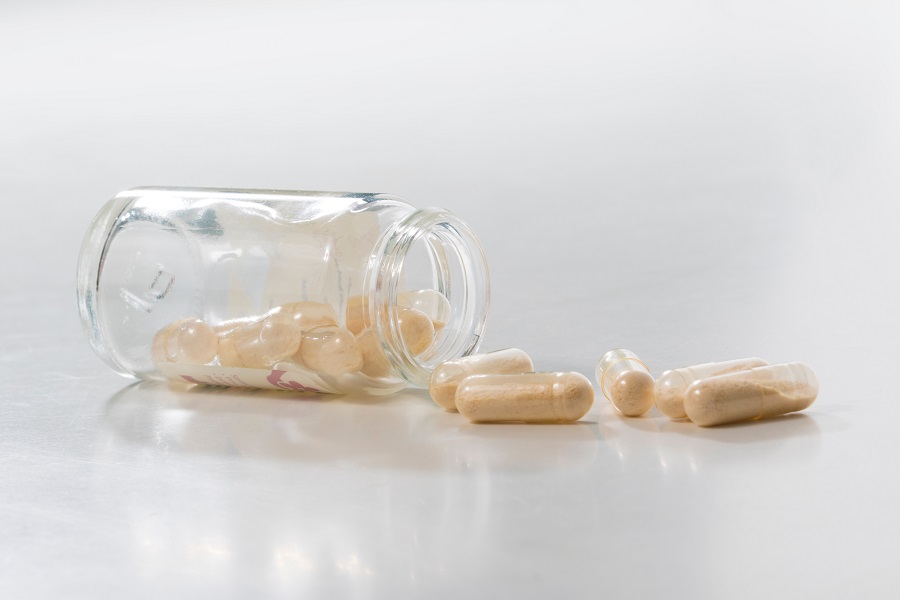A new scientific paper details how pairing probiotics with prebiotic fiber and vitamins is more effective than supplementing with single prebiotics or vitamins alone for immune and metabolic health.
In their study, University of Nottingham, UK, researchers demonstrate how a synbiotic — a blend of naturally fermented kefir and a diverse prebiotic fiber mix — offers potent anti-inflammatory effects compared to other common dietary supplements.
The kefir and prebiotic mix was supplied by Chuckling Goat and contains a combination of naturally occurring probiotic bacteria and yeasts, produced by fermenting goat’s milk with live kefir grains.
These grains are living cultures that house dozens of beneficial microbial species.
“Our study shows that while all three dietary approaches reduced inflammation, the synbiotic — combining fermented kefir with a diverse prebiotic fibre mix — had the most powerful and wide-ranging effects,” says study author Dr. Amrita Vijay from the School of Medicine at the University of Nottingham.
“This suggests that the interaction between beneficial microbes and dietary fiber may be key to supporting immune balance and metabolic health.”
Dietary interventions for chronic inflammation
Published in the Journal of Translational Medicine, the findings may inform dietary interventions to lower the risk of conditions linked to chronic inflammation.
.jpeg) Following supplementation with the synbiotic, participants’ overall levels of inflammation across their whole body decreased.When kefir pairs a diverse prebiotic fiber, a synbiotic effect occurs when the fiber nourishes the microbes to produce beneficial metabolites like butyrate, which has anti-inflammatory and immune-modulating effects across the human body.
Following supplementation with the synbiotic, participants’ overall levels of inflammation across their whole body decreased.When kefir pairs a diverse prebiotic fiber, a synbiotic effect occurs when the fiber nourishes the microbes to produce beneficial metabolites like butyrate, which has anti-inflammatory and immune-modulating effects across the human body.
The researchers looked at systemic inflammatory markers, which are signals in the blood indicating how much inflammation is happening across the body, not just in one specific area, like the gut or at an infection site.
Over six weeks, healthy participants given the synbiotic saw the broadest reduction in inflammation-related proteins compared to those taking omega-3 or fiber alone.
The study revealed that the participants’ overall levels of inflammation across their whole body decreased, suggesting improvements in their general immune balance and lower risk for conditions linked to chronic inflammation (like heart disease or other metabolic conditions).
The next stage of the research would be to test the supplements on people with certain conditions to test for effectiveness, the researchers highlight.
Synbiotic advances
Among the latest research, BiOkuris found evidence that its synbiotic BK002 helps alleviate gastrointestinal symptoms while significantly reducing anxiety. Nutrition Insight connected with the company to learn about why synbiotics are considered superior for treating irritable bowel syndrome (IBS).
Another recent clinical study revealed promising results for dsm-firmenich’s synbiotic supplement — a blend of microencapsulated sodium butyrate, targeted probiotics, and short-chain fructooligosaccharides — to manage IBS symptoms.
Meanwhile, Beneo Institute’s preclinical research revealed the synbiotic power of inulin and HMOs for toddler nutrition. Combining chicory-derived inulin-type fructans with a specific human milk oligosaccharide produced synergistic effects on toddler gut microbiota.

